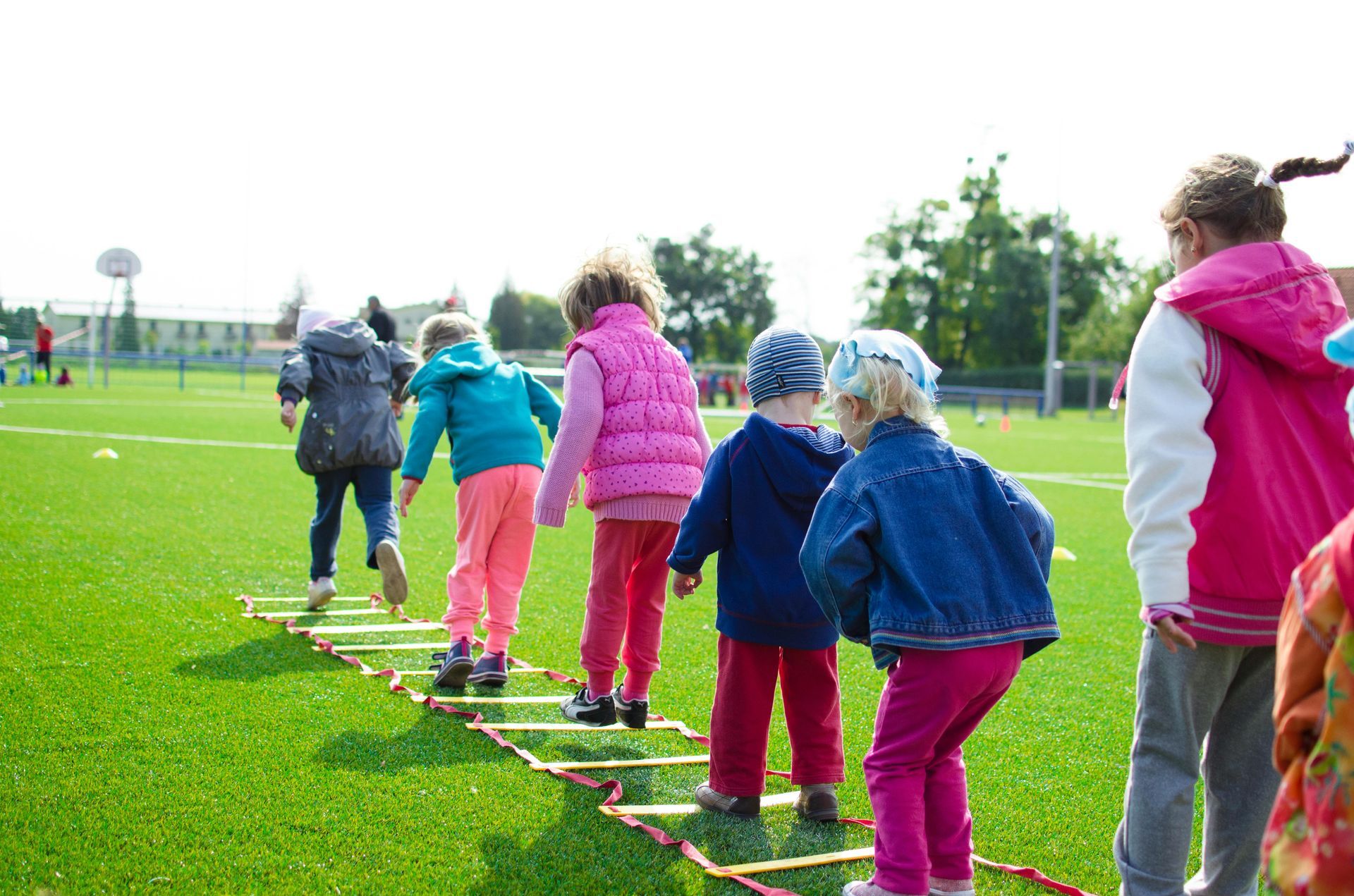Building Strong Foundations: How Early Childhood Education Shapes Future Success

The early years of a child’s life are incredibly formative, laying the groundwork for their academic, social, and emotional success later in life. At Early Education Station Orlando, we understand that the foundation for lifelong learning is built during these crucial years. This blog post will explore how early childhood education plays a pivotal role in shaping a child’s future and why investing in quality early education is one of the most important decisions for their growth.
Why Early Childhood Education Matters
Early childhood education provides children with the skills, knowledge, and social experiences they need to succeed in school and beyond. It’s during these early years that children begin to develop their learning habits, social skills, and cognitive abilities. Research consistently shows that children who attend high-quality early childhood education programs are more likely to perform better academically, socially, and emotionally as they grow older.
At Early Education Station Orlando, our curriculum is designed to give children the best start possible, helping them develop not only academically but also emotionally and socially, providing them with the tools they need for future success.
The Cognitive Benefits of Early Childhood Education
1. Enhancing Brain Development
The early years are the most critical for brain development. During this time, children’s brains are highly adaptable, and the experiences they have can significantly impact how their brains develop. High-quality early childhood education programs stimulate brain development by exposing children to new ideas, concepts, and skills. This early exposure to learning helps form the neural connections that will shape their cognitive abilities throughout their lives.
Example: At Early Education Station Orlando, children are introduced to early literacy and numeracy concepts through interactive activities, such as reading stories, counting games, and pattern recognition tasks. These activities stimulate brain development, helping children develop critical thinking and problem-solving skills.
How it Helps: The more children are exposed to different learning experiences early on, the more connections their brains make, which improves cognitive function and sets them up for success in formal education settings.
2. Developing Language and Communication Skills
Language development is one of the most important aspects of early childhood education. The ability to express thoughts, ask questions, and engage in conversation is essential for future academic success. Early childhood education programs encourage the development of language skills by providing rich, language-filled environments that promote listening, speaking, and comprehension.
Example: Our classrooms at Early Education Station Orlando feature language-rich activities like storytelling, group discussions, and vocabulary-building exercises. These activities help children expand their language skills and encourage them to express themselves clearly and confidently.
How it Helps: Strong language skills are directly linked to academic achievement. Children who develop strong language abilities early in life tend to excel in reading, writing, and comprehension later on, setting a solid foundation for their academic careers.
The Social and Emotional Benefits of Early Childhood Education
3. Learning Social Skills
In addition to cognitive development, early childhood education also plays a crucial role in teaching children social skills. Children learn how to interact with peers, share, take turns, and work as part of a team. These skills are essential for success in both school and life, and they are developed through structured activities and play.
Example: Group play activities like cooperative games and collaborative projects allow children to practice important social skills, such as communication, empathy, and problem-solving. At Early Education Station Orlando, children regularly engage in activities that encourage teamwork and cooperation, helping them build positive relationships with their peers.
How it Helps: Social skills are essential for success in school and beyond. Children who develop strong social skills are more likely to succeed academically and build lasting relationships with others. Early childhood education programs provide children with the tools they need to develop these important skills.
4. Emotional Regulation and Self-Control
Another key benefit of early childhood education is emotional development. At this stage, children are learning how to identify and manage their emotions, which is critical for their overall well-being and future success. Early childhood education programs provide children with opportunities to express themselves, understand their emotions, and learn how to cope with challenges in a healthy way.
Example: Activities like mindfulness exercises, storytelling, and role-playing help children learn how to recognize and manage their emotions. At Early Education Station Orlando, we incorporate social-emotional learning activities into our curriculum to teach children how to regulate their emotions and resolve conflicts peacefully.
How it Helps: Emotional regulation is a crucial skill for both academic success and personal development. Children who learn how to manage their emotions are better able to handle stress, navigate challenges, and build positive relationships with others.
The Long-Term Benefits of Early Childhood Education
5. Academic Success
Studies have consistently shown that children who attend high-quality early childhood education programs are more likely to succeed in school and beyond. The skills and knowledge that children acquire during their early years set the stage for later academic achievement. Children who attend preschool tend to perform better in reading and math, and they are more likely to graduate high school and attend college.
Example: At Early Education Station Orlando, we focus on preparing children for kindergarten and beyond by introducing them to foundational concepts in literacy, numeracy, and problem-solving. Our curriculum is designed to give children the skills they need to excel in school and continue to succeed academically throughout their lives.
How it Helps: Early childhood education helps children build the academic skills and confidence they need to succeed in school. By providing children with a strong academic foundation, we are giving them the tools they need to succeed in all areas of life.
Explore the significant impact of play-based learning on cognitive development and the crucial role of emotional intelligence in early childhood development in The Impact of Play-Based Learning on Cognitive Development in Early Childhood and The Role of Emotional Intelligence in Early Childhood Development.
Conclusion
The importance of early childhood education cannot be overstated. The experiences children have in their early years lay the foundation for their future success, both academically and socially. At Early Education Station Orlando, we are dedicated to providing a high-quality education that fosters cognitive, social, emotional, and academic growth. By investing in early childhood education, we are giving children the tools they need to succeed in school and in life, helping them build strong foundations for a brighter future.











